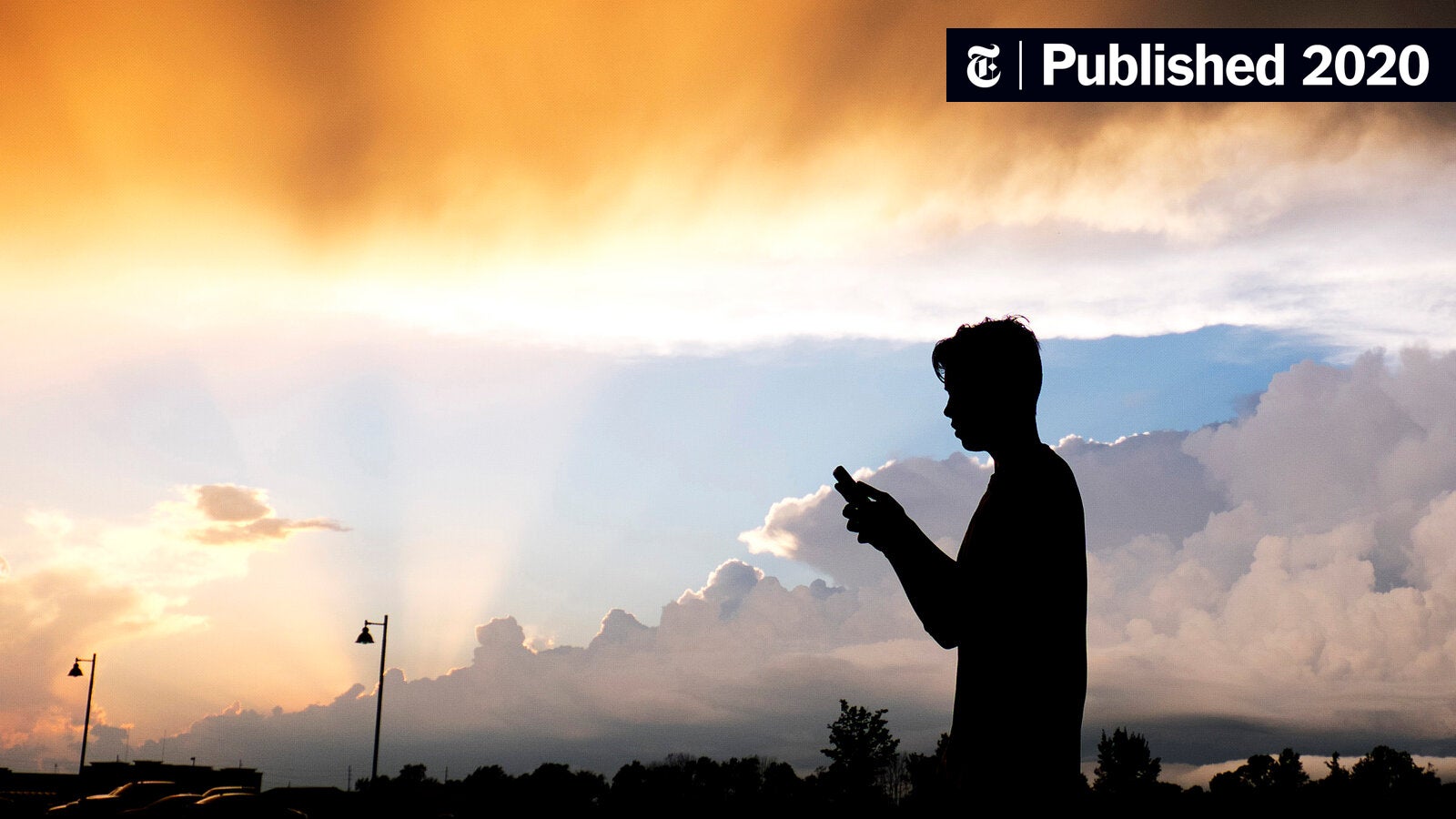In the contemporary digital age, the proliferation of misinformation has become an insidious force, affecting public opinion and polarizing discourse. The Bahá’í teachings, which emphasize the pursuit of truth and the importance of education, provide a robust framework for navigating the complexities of media consumption and the discernment needed to differentiate between fact and fallacy. This article aims to explore the intersection of Bahá’í principles with the phenomena of fake news and misinformation, advocating for a proactive approach to discerning the veracity of information.
The Bahá’í Faith places significant emphasis on the pursuit of truth. One of the core tenets is the recognition that truth is not merely subjective; rather, it is a divine attribute that each individual is encouraged to seek earnestly. This quest for truth fosters an appreciation for reliable knowledge and a commitment to verifiable facts. In an media landscape rife with sensationalism and skewed narratives, a Bahá’í approach insists on the necessity of cultivating an understanding of truth as a communal and individual responsibility.
To engage with the media critically, one must adopt an analytical mindset, honing the skill of discernment. This ability enables individuals to sift through the barrage of information and identify the credible and the dubious. The Bahá’í teachings underscore the importance of education in this cognitive process. By educating ourselves and others about the mechanisms of misinformation and the tactics employed to manipulate public perception, we empower ourselves to act as informed citizens. The pursuit of knowledge is not merely a personal endeavor but a collective imperative. As Bahá’ís, the promotion of education extends beyond traditional settings and permeates societal structures.
In order to cultivate discernment, it is essential to develop a critical lens through which to analyze media sources. This involves scrutinizing the credibility of sources, assessing the motivations behind their narratives, and seeking out diverse perspectives. The Bahá’í teachings advocate for unity in diversity, which encourages individuals to listen to differing viewpoints while striving to uphold a commitment to truth. This principle can serve as a profound antidote to the division often exacerbated by polarizing information.
Understanding the psychological underpinnings of misinformation is also pivotal. Emotional appeals and cognitive biases often exacerbate the susceptibility of individuals to false information. In line with Bahá’í principles of compassion and understanding, it is crucial to approach discussions regarding misinformation with empathy. Community dialogues that foster an atmosphere of open inquiry can create spaces where individuals feel safe to question prevailing narratives without fear of retribution. This approach aligns with the Bahá’í aim of creating a harmonious society, as it promotes mutual respect and understanding amongst diverse populations.
Moreover, the moral responsibility of those creating content cannot be understated. The Bahá’í teachings stress the importance of ethical behavior and accountability. Journalistic integrity is therefore essential in the media landscape. Writers, editors, and content creators should adhere to principles of honesty and transparency. Within the context of media literacy, the Bahá’í community can advocate for and support initiatives that prioritize ethical reporting. This demand for integrity not only uplifts the media profession but also strengthens the societal fabric, fostering trust and respect among citizens.
In the quest for discernment, active engagement is key. The act of consumption must transform into a process of critical analysis. Regularly questioning and evaluating the information we encounter allows us to mitigate the effects of misinformation. Bahá’í teachings encourage continuous self-improvement and reflection, advocating for a thoughtful approach to the myriad forms of media that inundate our lives. By developing habits such as fact-checking, discussing articles with peers, and engaging with reputable sources, individuals can enhance their media literacy and make informed decisions.
Furthermore, the role of technology in the dissemination of information must not be overlooked. Social media platforms, while providing opportunities for connection, can also propagate falsehoods with alarming speed. It is essential for users to recognize their agency in shaping the narratives that circulate within these platforms. Employing the Bahá’í principle of service to humanity, individuals can contribute positively by sharing factual information and dismantling falsehoods within their networks. This transformation from passive consumers to active participants in the media landscape can serve to redefine the contours of public discourse.
Ultimately, the intersection of Bahá’í teachings with the contemporary challenges posed by misinformation compels us to embrace a new paradigm of media engagement. The call for discernment is not merely a response to the current climate but an invitation to reexamine our relationship with truth and knowledge. By embodying principles of integrity, unity, and compassion, we can foster a media ecosystem that uplifts society as a whole. The pursuit of truth, guided by the light of Bahá’í teachings, offers a promising shift in perspective, transforming our understanding of the world and empowering us to confront misinformation with discernment and courage.
This journey towards a discerning society is not insurmountable; it is an evolving process that requires commitment, education, and a collective will to uphold the values that bind us. As we navigate through the complexities of modern media, let us call upon the transformative power of Bahá’í teachings to foster a deep-seated commitment to seeking truth, promoting unity, and nurturing a culture of accountability and empathy.
